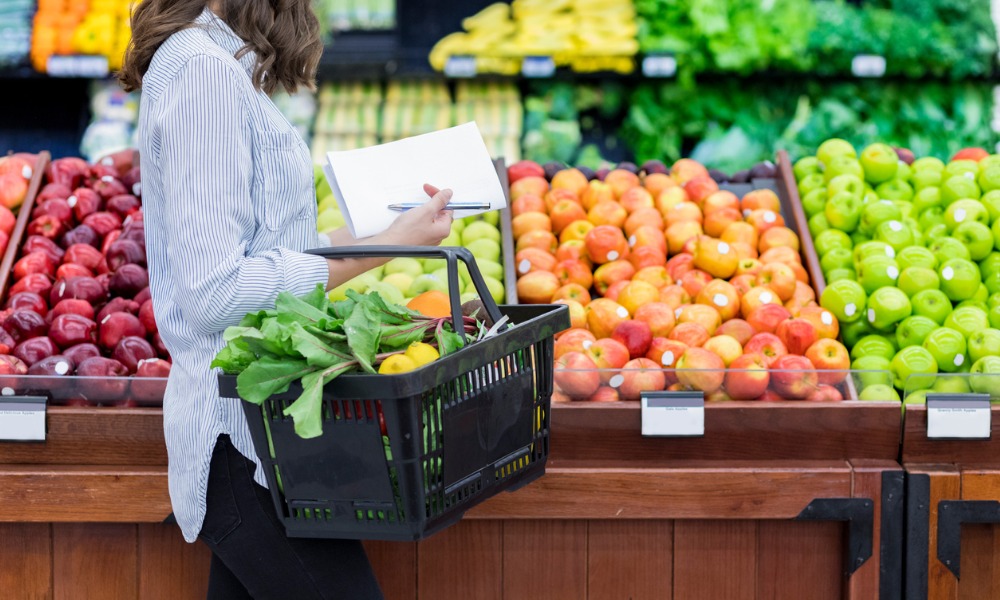Food costs are set to rise next year, led by rising meat prices, challenging low-income families' budgets even more

Hopes of closing the gap between Canada’s haves and the have-nots have already faded due to the pandemic but 2021 may yet prove even more challenging.
Adding to concerns about job losses, debt burden, and rising insolvencies, it seems Canadian families will need to dig deeper to put food on the table in 2021.
The latest edition of Canada’s Food Price Report forecasts a 3-5% increase in the cost of food in 2021 with meat and vegetables up as much as 6.5% and bakery rising up to 5.5%.
Multiple factors are impacting food prices including pandemic restriction measures such as the closure of borders and facilities; additional costs of production resulting from COVID-safe protocols; along with oil prices and devaluation of the loonie.
This year’s report is a cross-Canada collaboration between long-time research partners Dalhousie University and the University of Guelph, as well as the University of Saskatchewan and the University of British Columbia.
"Families with less means will be significantly challenged in 2021, and many will be left behind," says Dr. Sylvain Charlebois, project lead and Director of the Agri-Food Analytics Lab at Dalhousie University. "Immunity to higher food prices requires more cooking, more discipline and more research. It's as simple as that."
Higher costs ahead
The report calculates that a ‘typical family’ - a man (age 31-50), woman (age 31-50), boy (age 14-18) and girl (age 9-13) – will spend $13,907 on food in 2021.
That’s an increase of almost $700 compared to 2020, although this may be greater when considering that spending on eating out is likely to be lower in 2020 than estimated.
As well as the factors related to the pandemic, food prices are expected to be pressured by climate change, growth in online services, the ban on single-use plastics, and the Canadian dollar.
“The COVID-19 pandemic will potentially have long-lasting effects on Canadians' relationship to food,” explains Alyssa Gerhardt, a PhD Student in the Department of Sociology and Social Anthropology at Dalhousie who worked on the project. “We've seen more demand for online services in both food retail and food service, an increase in Canadians gardening and preparing meals at home and renewed interest in local food supply chains.”



